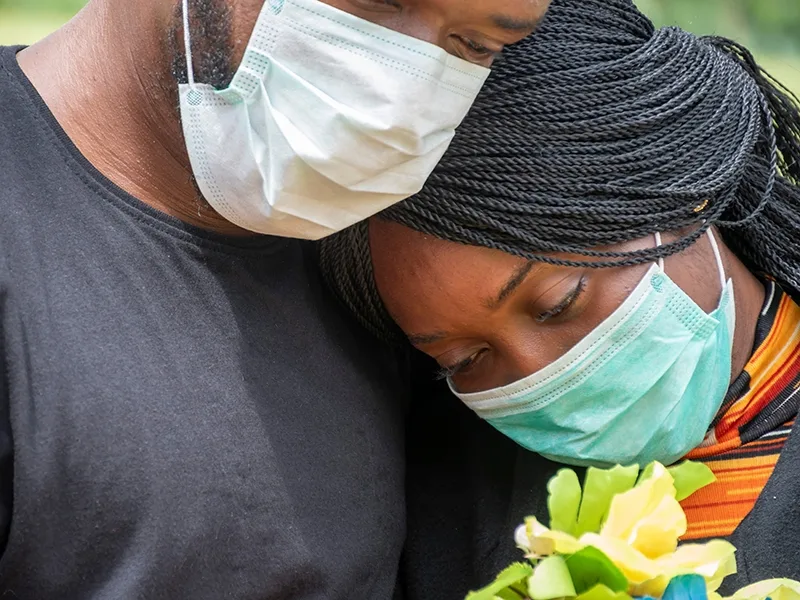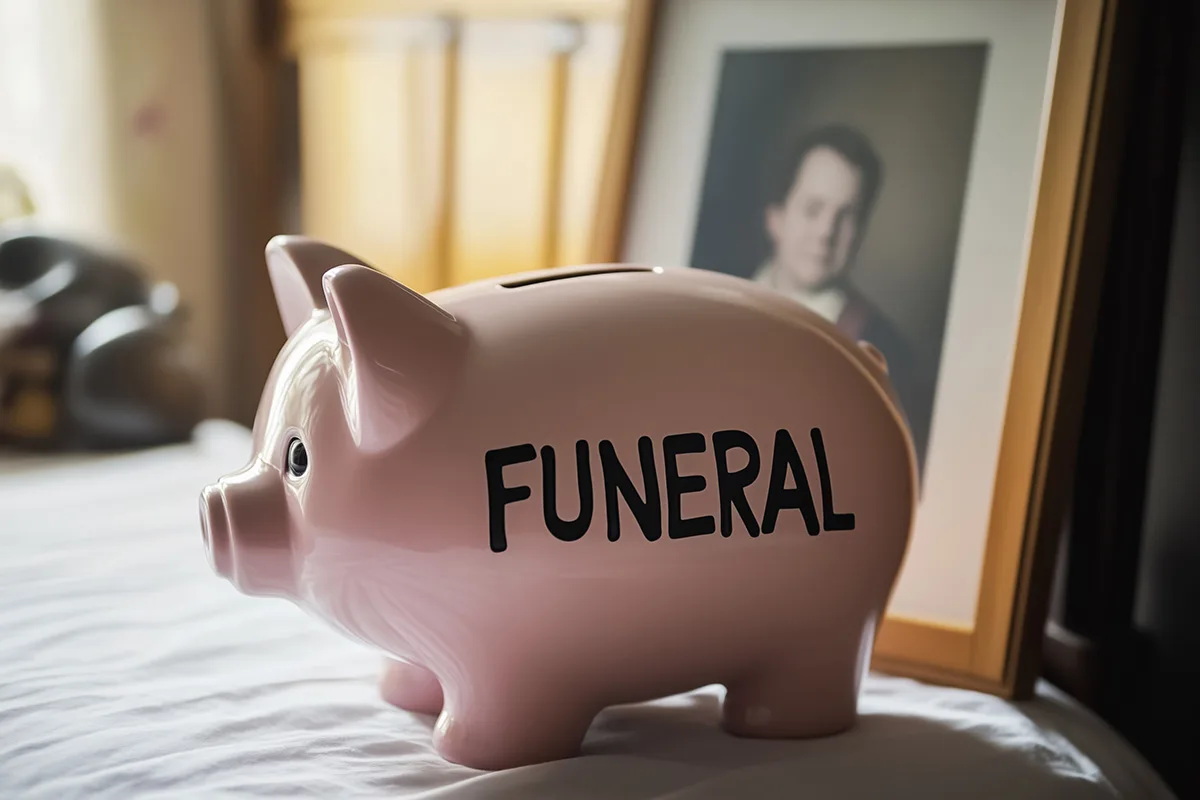It is not a legal requirement to have a funeral when you die in UK however the law states that the body must be disposed of by burial, cremation or properly, by any other means. This does provide options according to the personal wishes of the deceased, the family and what budget is available.
The ritual of a funeral is a symbolic, traditional and public expression of celebration of the deceased person’s life. It allows us to express grief. It helps us to acknowledge the reality of death, gives testimony to the life since departed. It provides support to family members and friends allowing for the embracing of faith and belief in life and death.
In reality, immediately following a loved ones death, our hearts and minds rebel. Why them, what went wrong, should they have seen the doctor sooner, could I have done more?
Gradually, we learn to accept the passing of the deceased and begin to come to terms with our loss. Then, decisions about a funeral rear up. Some people leave instructions about how they wish to be disposed of which is very helpful. But even close family members can disagree. Hymns, flowers, which church, type of wood for the coffin and more.
Not everyone wants a traditional funeral with a black top hatted funeral director walking in front of a shiny black hearse bedecked with flowers, members of the family ensconced in limousines and pall-bearers rigidly handling the coffin into church or the crematorium.
Such a funeral is expensive and may be considered ostentatious. However, it may be substituted by a direct cremation or funeral which is also known as an unattended funeral. This practice has become much more popular both for economic reasons, regulations forbidding large gatherings during Covid and also because we live in more secular times and people are moving away from a religious ceremony.
You may also consider donating your body to science. This idea is not for everybody. Indeed, because it is invasive and even brutal, it may be considered too impersonal to even contemplate. But, as one is dead, does this really matter?
In addition to the reality of the death, there is the ability to recall the life of your loved one. This can be deeply rewarding. If the person has requested a direct cremation, the family are then free to arrange a memorial service in church or at another venue. Prayers may be said, readings given and hymns or songs sung in remembrance.
Some close family members may need additional support at this sad and difficult time. We can gather together at the funeral wake or memorial service as well as arrange visits to family members.
Ways of expressing grief are also important. Some may find this difficult, due to an earlier event with the bereaved family; they may feel it wrong to attend the family and funeral ceremony. Although, a funeral is truly neutral territory for a general joining together to celebrate someone’s life so nobody should feel awkward or not go along. Just to be there for the family to see could be enough and may give the bereaved comfort and support.
When someone dies, latent feelings of remorse can arise. Did the person live up to their expectations; were they good? All these thoughts surge through the mind. They give meaning though to the life departed and the opportunity to find our own peace.
Still the question of whether to have a funeral, or not is open, but whichever way you choose to go, it is a personal choice; your choice.





